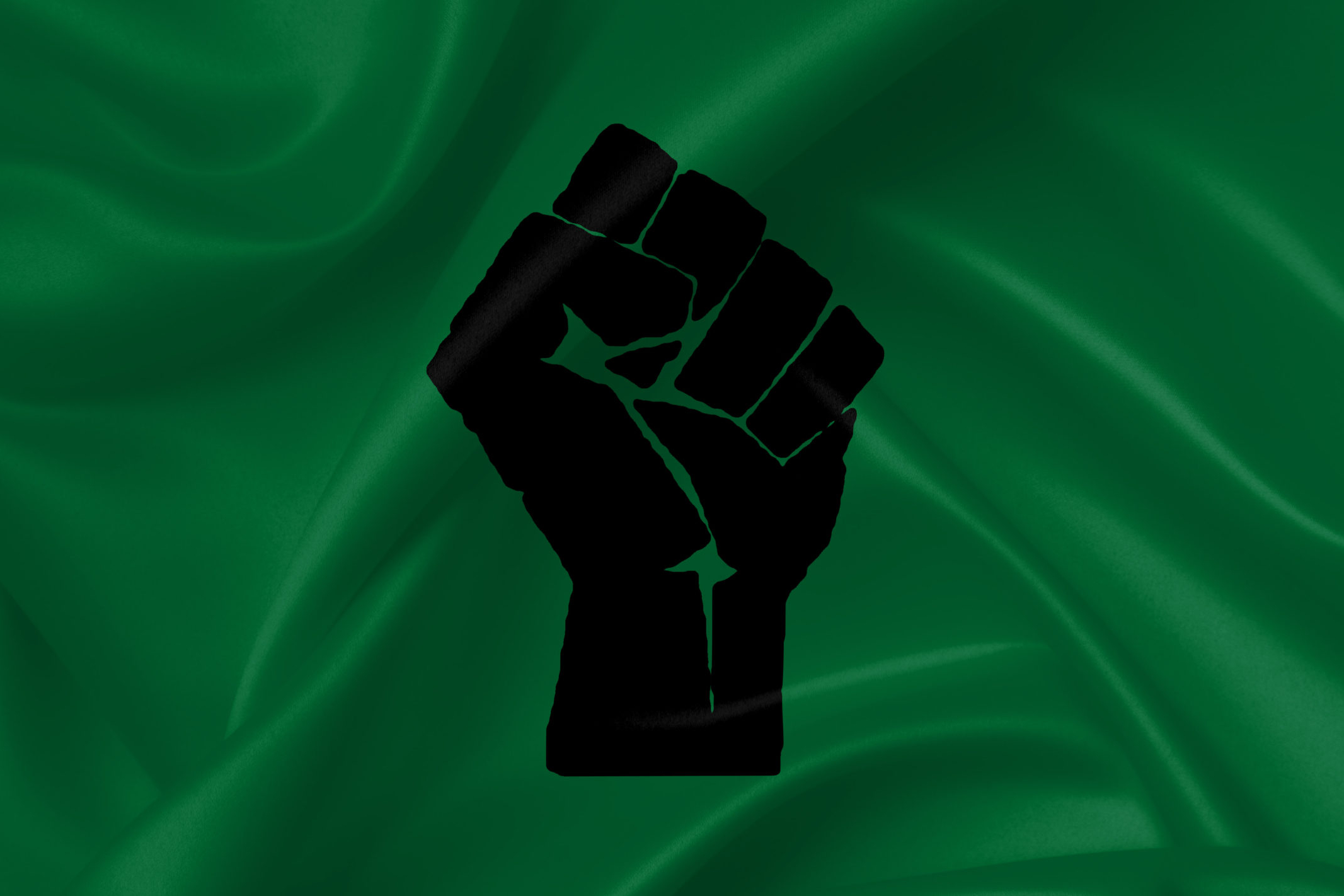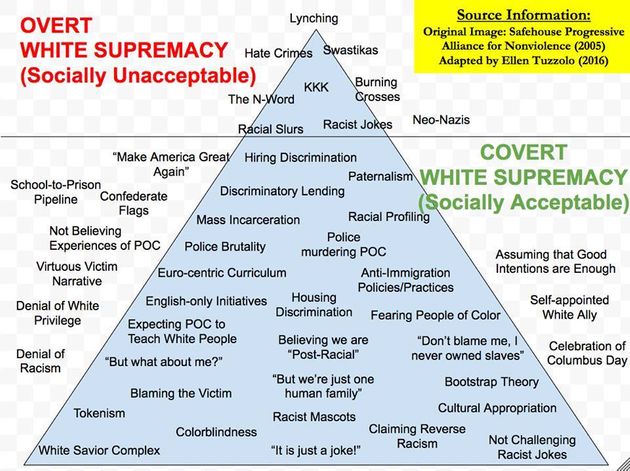
Thanks to Jen Bokoff for permitting us to republish this post originally published on the Jeneralist blog.
13 lists of ways to learn and show up as antiracist* in this world
*Let’s start with the term “antiracist,” since I know this term alone causes many to go on the defensive. A common thing I hear from people: “Hey, I’m not racist! Are you saying I have to be explicitly not racist or else you’re going to label me racist?! That’s ridiculous.”
First, I hear you. Truly. Nobody wants to be accused of being something that is a bad thing. Being racist is a bad thing. And most of us aren’t consciously racist. And if we consciously knew we were being racist, well-intentioned people would hopefully want to learn and fix their behavior.
We are racist unless we are actively antiracist. Ibram X. Kendi explains: “There is no such thing as a “not-racist” policy, idea or person. Just an old-fashioned racist in a newfound denial. All policies, ideas and people are either being racist or antiracist. Racist policies yield racial inequity; antiracist policies yield racial equity. Racist ideas suggest racial hierarchy, antiracist ideas suggest racial equality. A racist is supporting racist policy or expressing a racist idea. An antiracist is supporting antiracist policy or expressing an antiracist idea. A racist or antiracist is not who we are, but what we are doing in the moment.”
Systemic racism is baked into America. It’s so baked in that as a white person, I often don’t see it. It has taken me years of deep listening, learning, and unlearning to see just how baked in it is, and even still, I have plenty of blind spots and more growth to do.
If I didn’t continue to listen, learn, unlearn, and misstep, the truth is I’d probably be fine. My life would continue to be ok. That’s white privilege. White privilege has led to white supremacy culture, which Showing Up For Racial Justice defines as “the idea (ideology) that white people and the ideas, thoughts, beliefs, and actions of white people are superior to People of Color (POC) and their ideas, thoughts, beliefs, and actions.”
If the terms white privilege and white supremacy culture feel unfamiliar or uncomfortable to you, I understand! Like the term “racist,” these can feel loaded and accusatory. But, these are important concepts to understand and sit with. It’s ok if they raise tensions for you; that means you’re probably doing important reflection on the complex society we live in and the identity you hold in it. My list below will be relevant to you only after you start from a place of understanding these terms. White Privilege: Unpacking the Invisible Knapsack by Peggy McIntosh and The Characteristics of White Supremacy Culture as excerpted from Dismantling Racism: A Workbook for Social Change Groups by Kenneth Jones and Tema Okun are two accessible starting places. Neither is long; both will feel weighty. As you read these pieces, I encourage you to not try to “solve” your whiteness, but to sit with it and reflect on how it has affected your presence in the world.

Next, please watch this Public Address on Revolution, shared yesterday by Rachel Cargle. It powerfully grounds us in the current moment to encourage action.
I promise, we’re getting to a list of lists. But before we do, I want to offer three more thoughts:
- Video technology has helped immensely to capture and widely share racist, and often violent, acts. But, these acts are not new, and we shouldn’t need video “proof” to believe that this happens every day, everywhere. And, while consuming such videos may be a learning experience for you, consider how resharing them may be traumatizing to others and serve to uphold racial hierarchies.
- “News cycle care”–which is what I call it when people speak out on social media about how awful George Floyd’s death was and how we have to do better, and then they “go back to normal” until the next senseless murder–isn’t good enough. In fact, it’s damaging. We need to be regularly checking in with our friends and colleagues with intersectional identities; we need to be regularly learning, giving, speaking, and acting in line with the change we want to see; we need to be centering black, brown, and native voices in whatever type of work we do. It’s not enough to care only when the headlines care. Also, remember that part of care is not putting the burden on non-white friends to do your work for you and thinking about how you phrase what you say.
- Antiracist and social justice work can be absolutely exhausting. As indigenous leader Tim Fox shared the other day, “[this work] is generational. It doesn’t happen through a five year strategic plan. The systems and mindsets have to change, and we have to plant seeds for the next generation that will inherit our positions of leadership in the world.” With this long view, we can remember that it’s not a sprint, but that it’s work we need to do steadily at our own speed in our own ways. Self care–and accessing community care as able–are essential to this work.
This blog post will already have had holes and things I could have framed or said differently. But an important piece of working every day toward being antiracist is not sitting in silence. We can’t be so afraid of getting it wrong that we pretend like nothing is happening, and that our siblings of different races don’t hear that deafening silence.
We exist in shared humanity. Antiracist work is ongoing until society transforms to be fully just and equitable. To embrace what true shared humanity looks like, we all need to take antiracist action.
There are people far more knowledgeable, thorough, and thoughtful than this Jeneralist can be, and voices who should be centered far more than my own. So, the below is a list of 13 lists authored by some of those people and platforms that will break down a variety of ways to learn and show up as an antiracist in this world.
- Stop Killing Us: A Real Life Nightmare – an article (with a list embedded) by Tamika Butler
- Anti-racism resources for white people – a mega-document of resources compiled by Sarah Sophie Flicker and Alyssa Klein
- 6 Ways to Activate Beyond Social Media – an instagram list by @jezzchung
- Mapping Our Roles in a Social Change Ecosystem – an instagram list shared by @terisasiagatonu and created by Deepa Iyer
- 5 Ways To Take Action For All Non-Black People – an instagram list developed by @theconsciouskid
- Shareable Anti-racism Resource Guide – compiled by Tasha Ryals
- 26 Ways To Be In The Struggle Beyond The Streets – shared by Racial Justice Rising
- Raising engaged anti-racist children – a twitter thread by @thecathyshow including resources from many terrific organizations
- A World Of Activism: How You Can Get Involved – a list by the Cultures of Resistance Network
- 75 Things White People Can Do For Racial Justice – a list compiled by Connie Shutack
- 6 ways to be antiracist, because being ‘not racist’ isn’t enough – an article by Rebecca Ruiz featuring Ibram X. Kendi’s thinking
- 10 Simple Ways White People Can Step Up to Fight Everyday Racism – a list compiled by @privtoprog, via the #ShowUp movement
- How To Be Actively Antiracist – a list compiled by @goodgoodgoodco on instagram that draws from many brilliant writers and activists
You’ll notice that most of these are simple formats and social media based. While not all of my readers are on social media, this is content everyone can access. (And, for those of you who are on at least one social media platform, start following people with different identities and listening to what they have to say.) While the bite-sized nature of social media can often miss nuance, it can be helpful for simplifying giant challenges into manageable pieces. That is my aim for readers of this blog—there’s action to take today that you shouldn’t have to sit and think about for weeks.
Within these lists, there are ways for you to activate in a way that meets you where you are. You don’t need to be an expert to start contributing to an antiracist society.